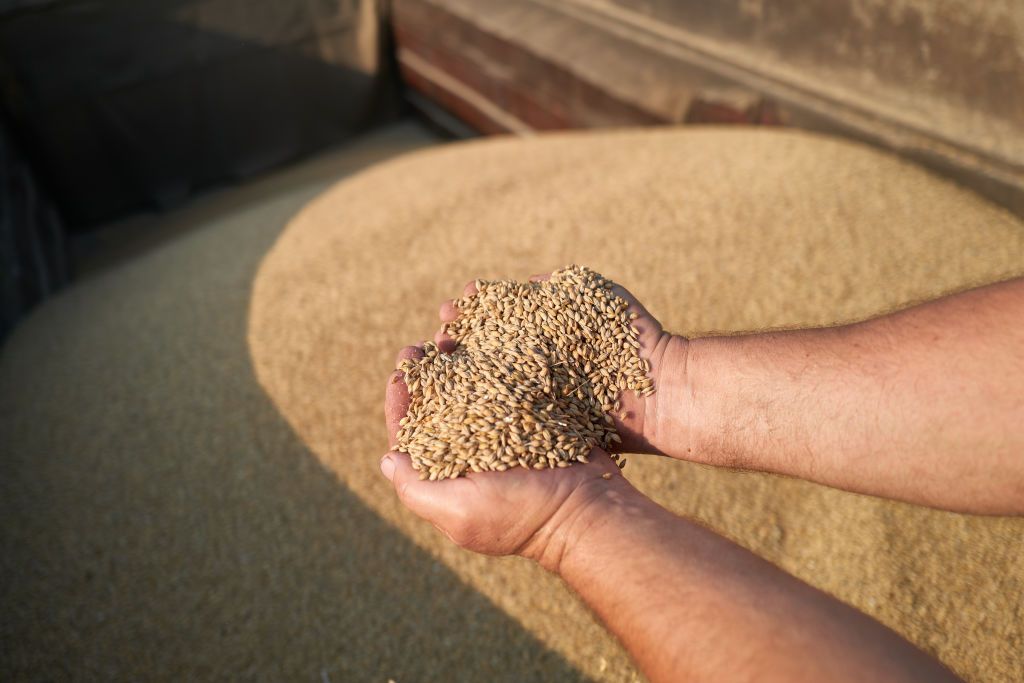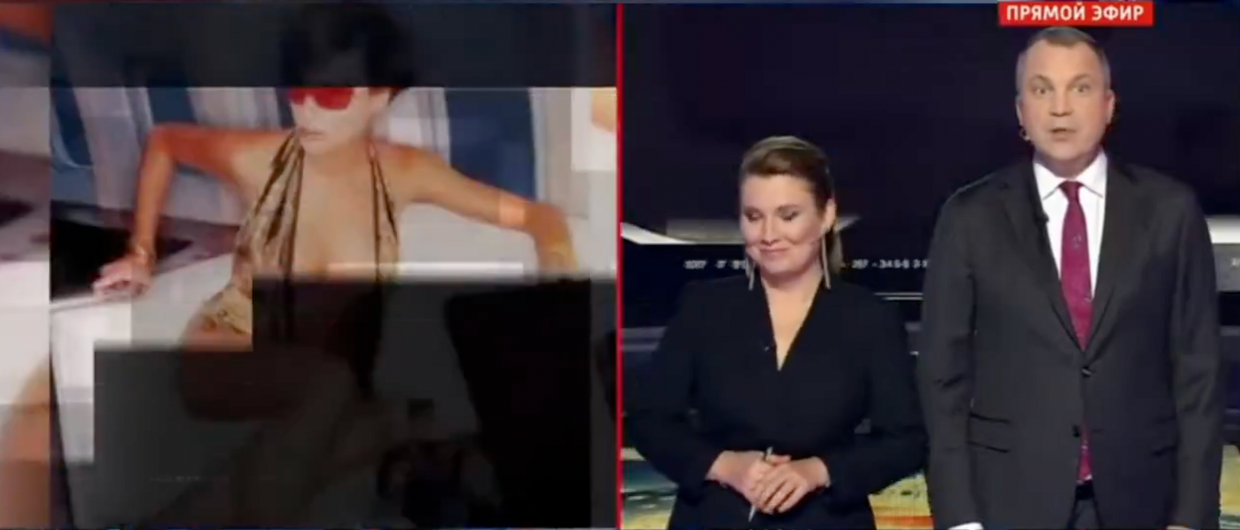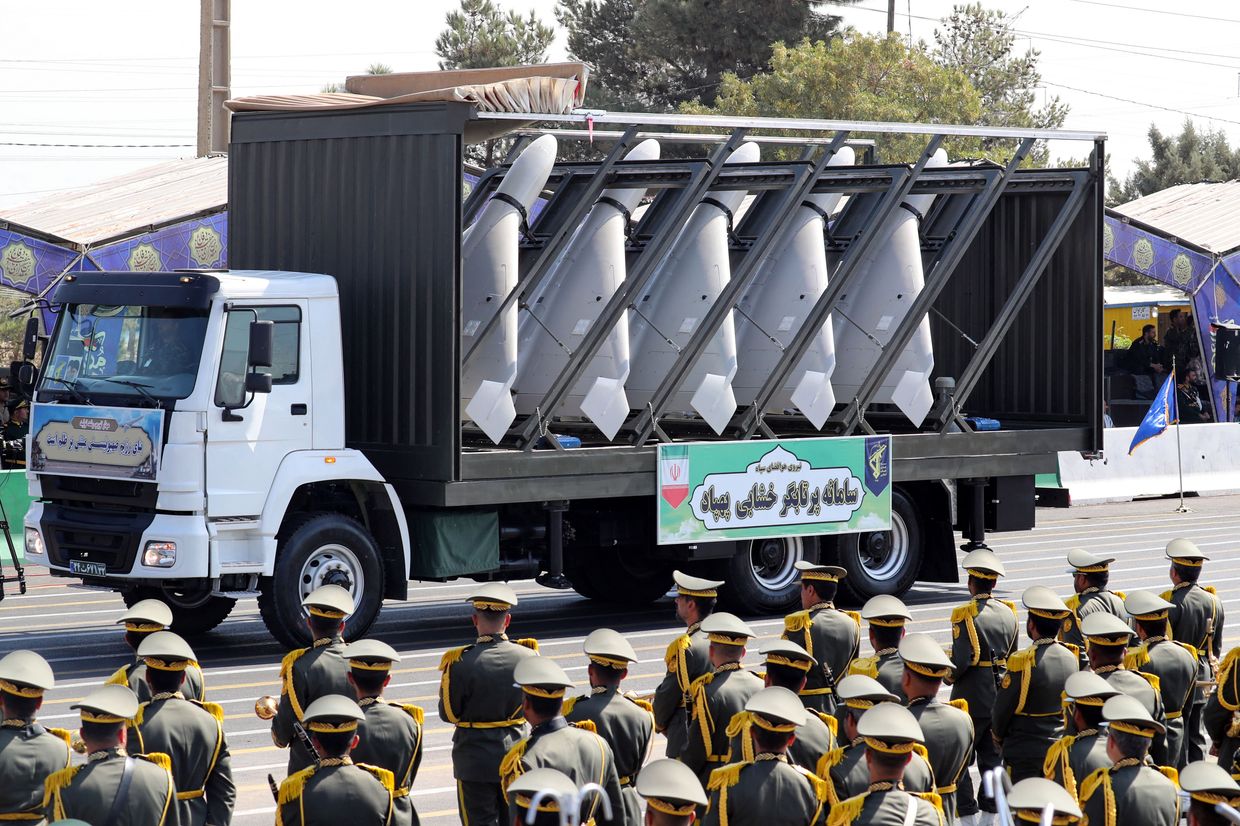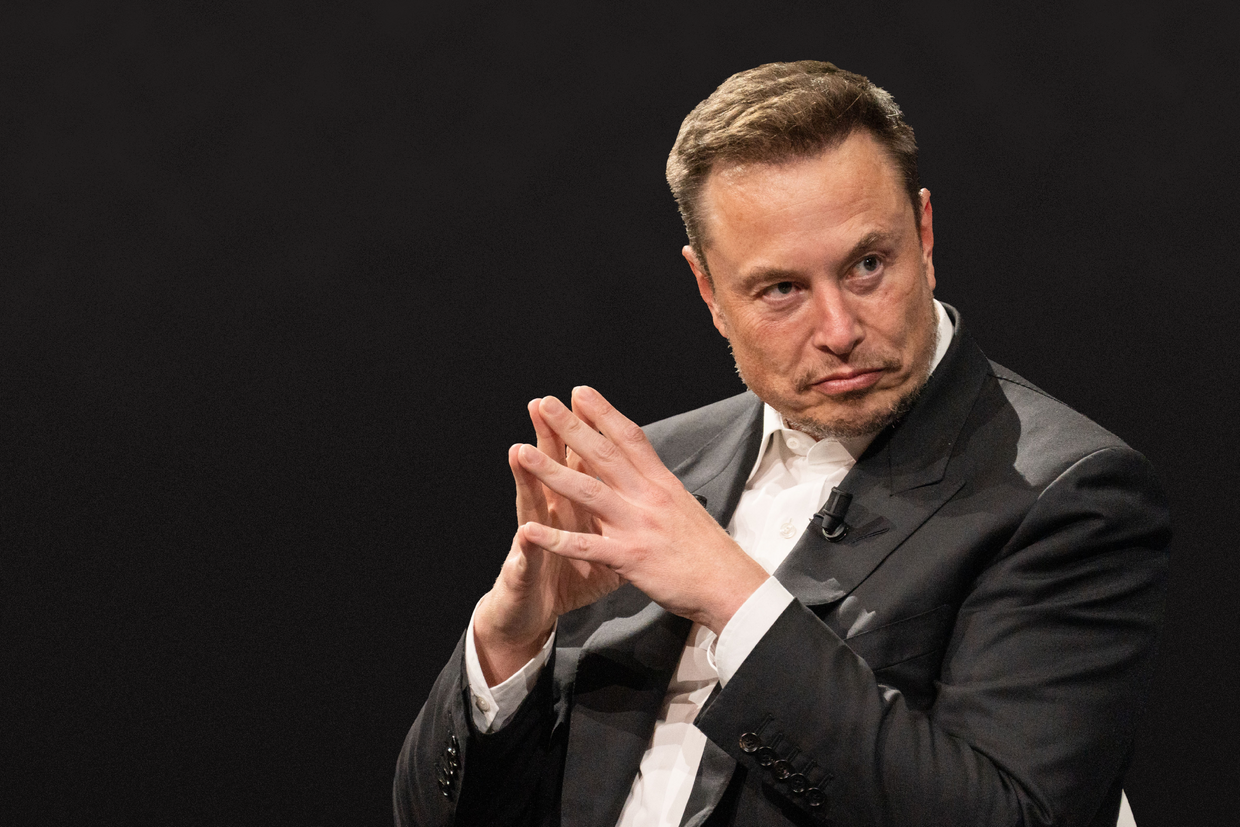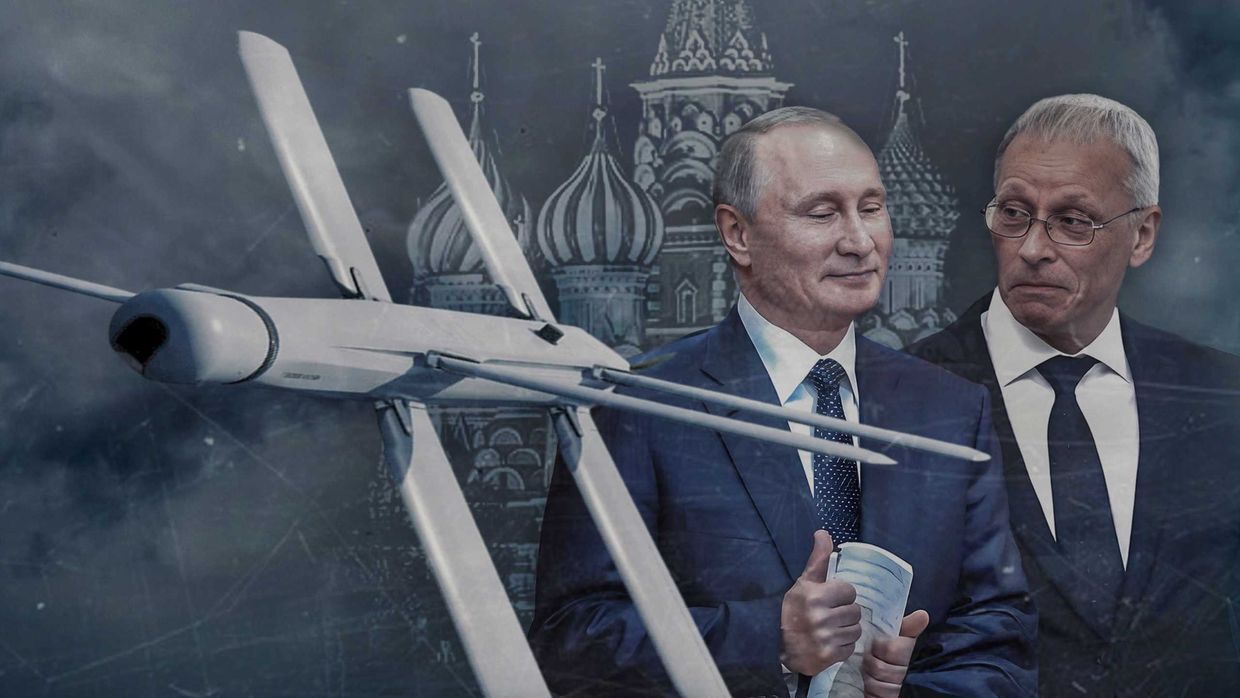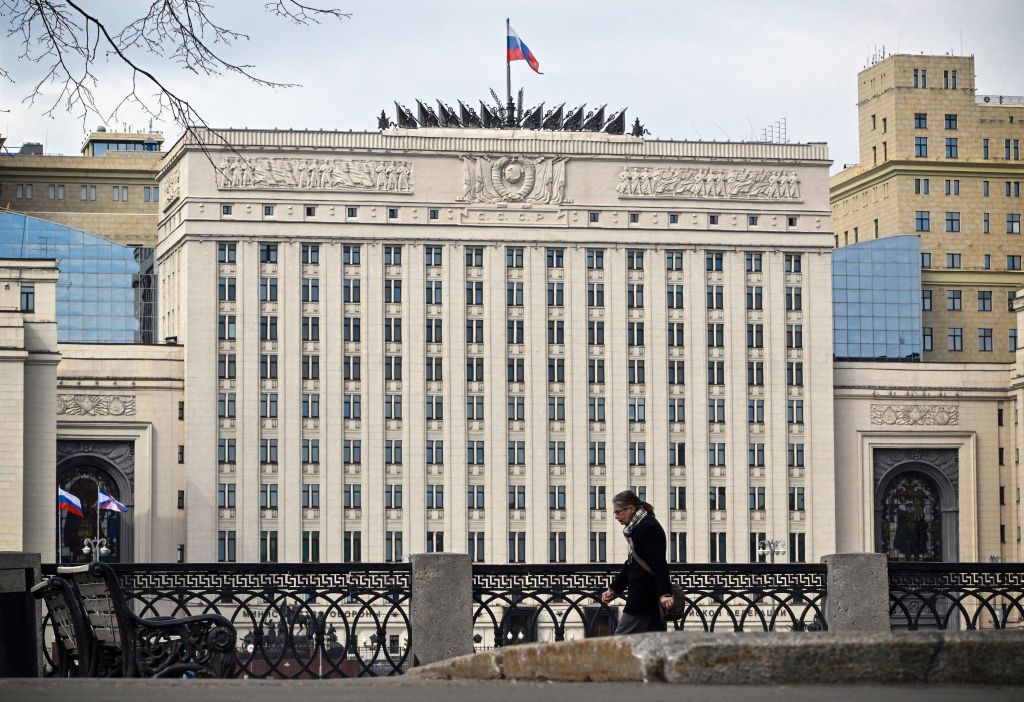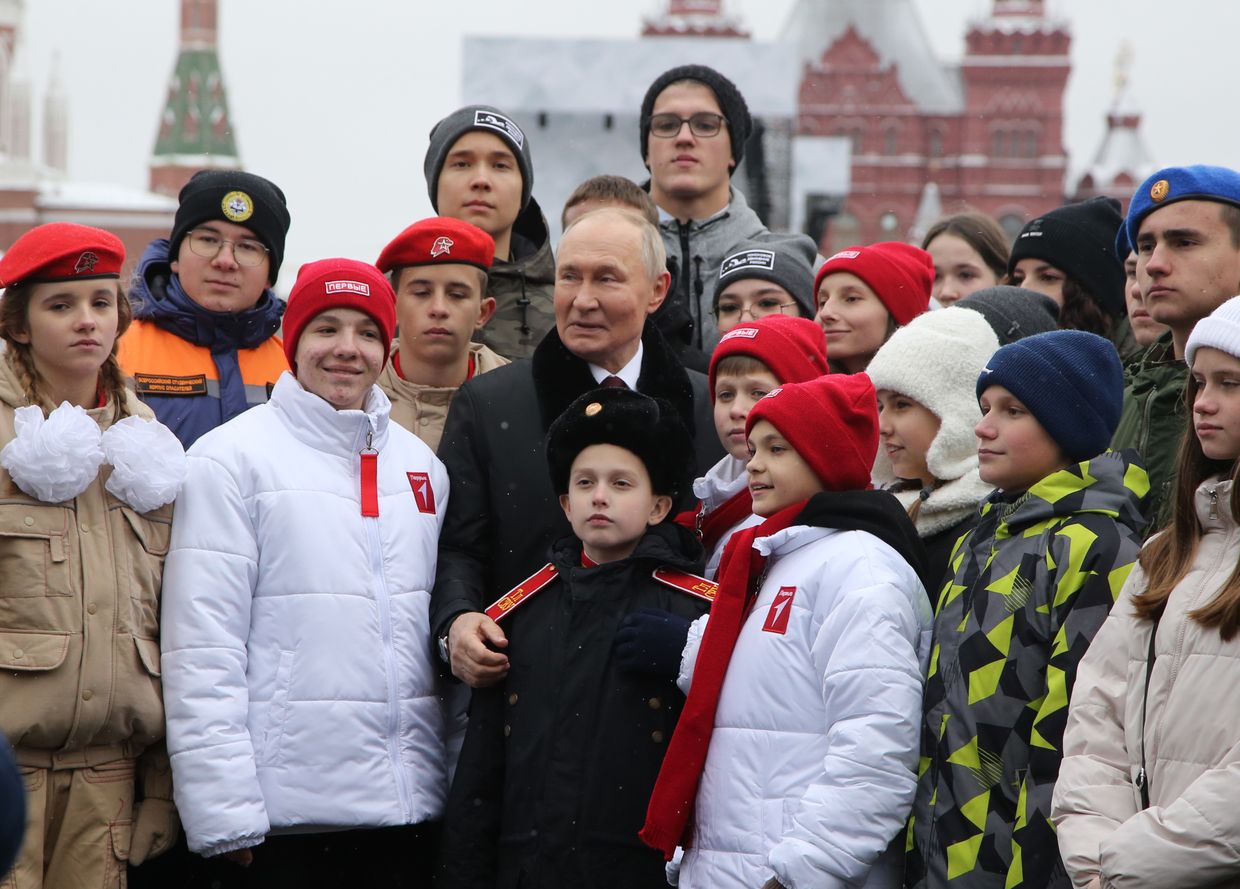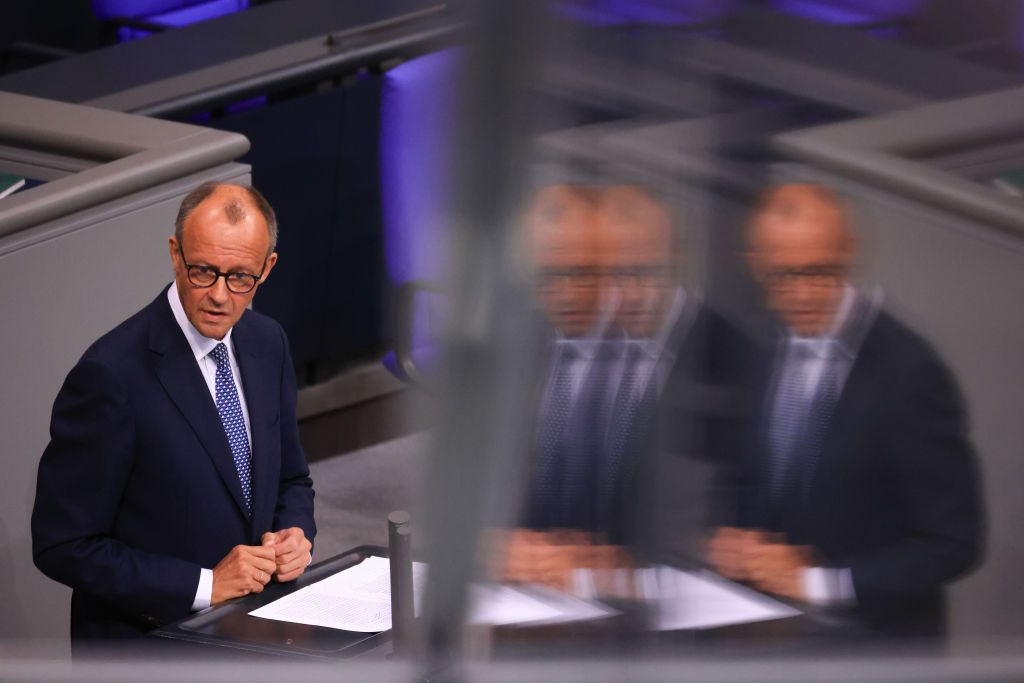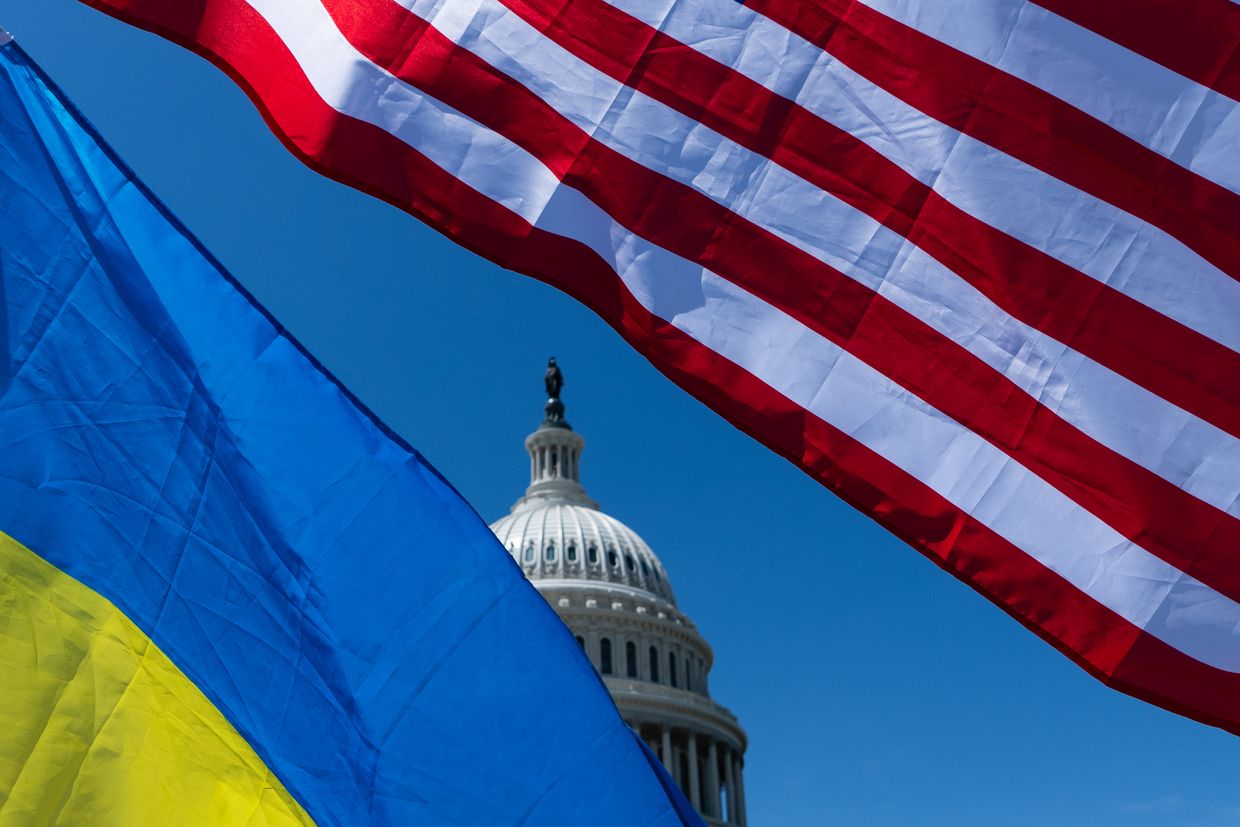Lithuanian farmers said that it is the influx of Russian grain, not Ukrainian crops, that presents a problem for the EU markets, the Lithuanian National Radio (LRT) reported on March 5.
Their colleagues from Poland launched protests against Ukrainian agricultural imports and the EU's Green Deal earlier in February, blocking six border crossings with Ukraine.
Polish agricultural workers have complained that cheaper products from Ukraine push down prices and have created unfair competition since the EU instituted a free trade regime with Kyiv in 2022 to alleviate its economy amid the war with Russia.
Since March 1, Polish farmers have also begun partially blocking the former Kalvarija-Budzisko checkpoint on the border with Lithuania, allegedly due to fears that Ukrainian grain enters Poland via the Baltic country.
Ukraine's Prime Minister Denys Shmyhal denied the claims during a press conference on March 4 and stressed that Ukrainian products like grain or corn, prohibited to sold in Poland, do not enter Polish markets.
According to Lithuanian farmers, grain from Russia enters the EU in huge quantities and presents a much more serious problem.
"These are impressive figures, with over 3 million tons of Russian grain having passed through Latvia and Lithuania combined in 2023," said Ausrys Macijauskas, the head of the Lithuania Association of Grain Growers.
Eurostat's data show that EU imports of Russian grain went from 970,000 metric tons in 2022 to more than 1.5 million in 2023.
Macijauskas claimed that Russian grain is driving down prices across the European bloc in a deliberate move by Moscow to destabilize the markets.
"There is a regulation that allows the EU to intervene in the market in an emergency situation and start buying food products the prices of which are falling drastically. In this case, it could buy Ukrainian grain on the territory of Ukraine and thus stabilize the market," Macijauskas said, according to LRT.
Latvia decided to temporarily ban imports of grain and other foodstuffs from Russia and Belarus in February, making it the first EU country to take this measure. Polish Prime Minister Donald Tusk said on March 4 that Warsaw plans to ask Brussels to impose sanctions on Russian and Belarusian agricultural products and foodstuffs.



